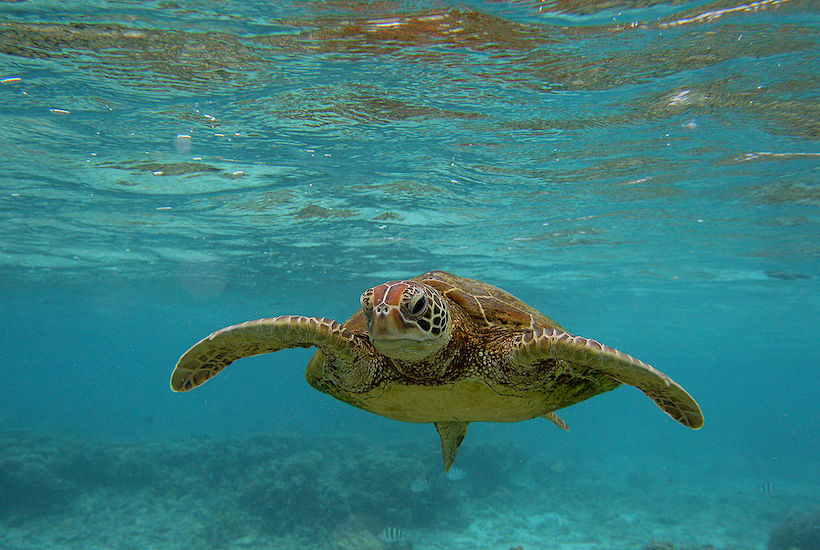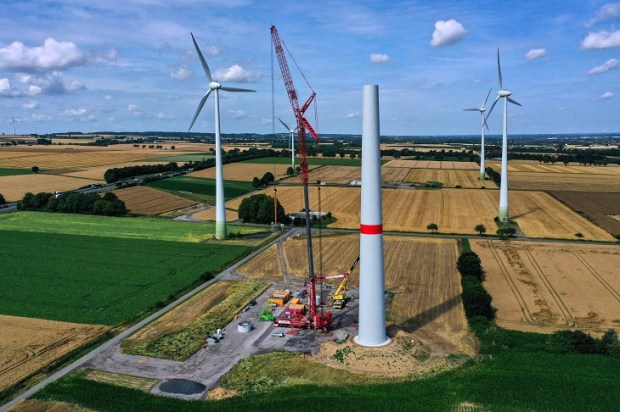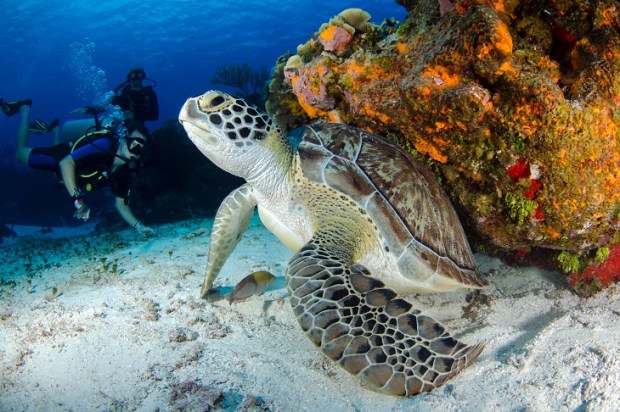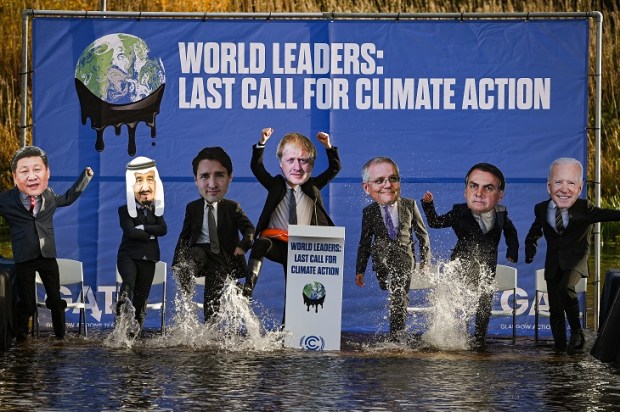Our Australian Reef science organisations had a hard time at the Senate Inquiry into the effects of agriculture on the Great Barrier Reef. Some tough questions from Senators Gerard Rennick, Malcolm Roberts, Matthew Canavan and Susan McDonald yielded some surprising answers. For example, when pressed, it was revealed by the Australian Institute of Marine Science that farm pesticides only affect 3% of the coral, and only by a “low to negligible” amount. For the other 97% of the Reef, the offshore reefs, pesticides are totally irrelevant. It was also revealed that coral growth rates are unaffected by agriculture.
GBRMPA had a particularly bad time at the Inquiry. They were grilled by the Senators for failing to appoint independent and expert reviewers to adequately check for errors and shortcomings in 2019 GBR Outlook Report. It looked like a review by their mates, so it is hard to have any confidence in the Quality Assurance processes employed by GBRMPA.
The Senate Inquiry was the first time these organisations had been challenged and asked hard questions.
They did not like it.
To keep pressure on AIMS and GBRMPA, the Pioneer Cane Growers Organisation (PCGO) from the Burdekin, together with other Burdekin and Bundaberg farming groups, have organised an online forum to formally debate the alleged impacts of farming on the Reef. We challenged the director of AIMS to the debate. I will argue the proposition that farmers are having negligible impact.
AIMS released a public statement which the media saw as ambiguous as best. We tried GBRMPA to see whether its Chief Scientist would face the music. They were good enough to write back but also refused to attend. They want any conversation behind closed doors.
The Senate Inquiry, live-streamed and exposing a range of AIMS and GBRMPA confessions about the real state of the Reef, obviously shook them – and helped the Australian public see what was really happening around the lack of Quality Assurance in marine science today.
So it needs to be asked: why won’t the two premier GBR organisations debate an issue that is crucial to every farmer in North Queensland, and because Australian farmers put almost 90% of all food and drink on our nation’s tables, every Australian citizen?
Do they think they are above scrutiny? They have been happy enough to tell the world for the past two decades that farmers are killing the Reef. But when they know they will be challenged, in public, to the general Australian and global community via a Facebook live stream, they suddenly become very close-lipped and camera-shy.
AIMS receives $70 million of taxpayer money each year. Why do they treat the taxpayers – the Australians who pay their wages – with such contempt? Why do they treat farmers in particular with such disdain?
Maybe they are not so sure about their work?
They would have good reason. There is effectively no mud from farms on the GBR, 97% of which is 50-100 km offshore. And there are 100 times more nutrients naturally circulating in the GBR lagoon than comes down all the rivers. The GBR water quality is determined by the huge amount of water flushing in from the Pacific Ocean, not from agriculture. In eight hours, as much water flows in from the Pacific Ocean as comes from all the rivers in a whole year.
AIMS and GBRMPA should and must attend the forum. If they don’t, it will still go ahead because the Australian public, and Australian farmers want to hear the truth.
But most of all, the empty rostrum that should house an AIMS or GBRMPA scientist will be a depiction of their empty claims, their unproven science and how little confidence Australians and their elected politicians can have in the work of these heavily taxpayer-funded institutions.
Dr Peter Ridd is a marine geophysicist and independent scientist.
Got something to add? Join the discussion and comment below.
Get 10 issues for just $10
Subscribe to The Spectator Australia today for the next 10 magazine issues, plus full online access, for just $10.


























Comments
Don't miss out
Join the conversation with other Spectator Australia readers. Subscribe to leave a comment.
SUBSCRIBEAlready a subscriber? Log in